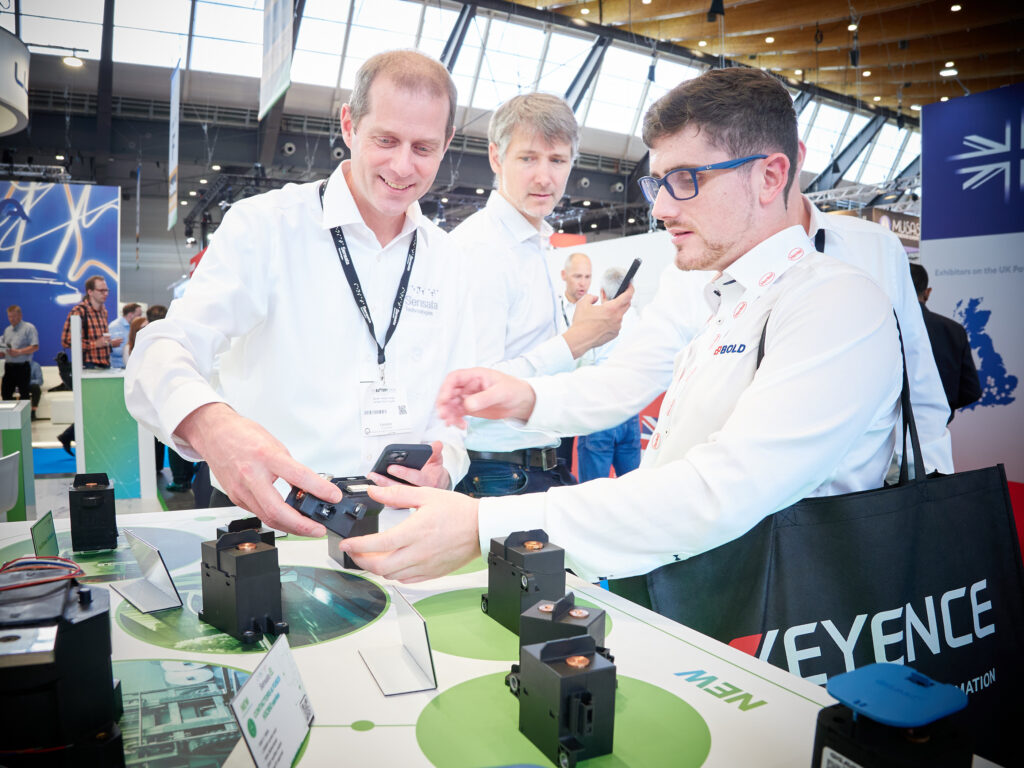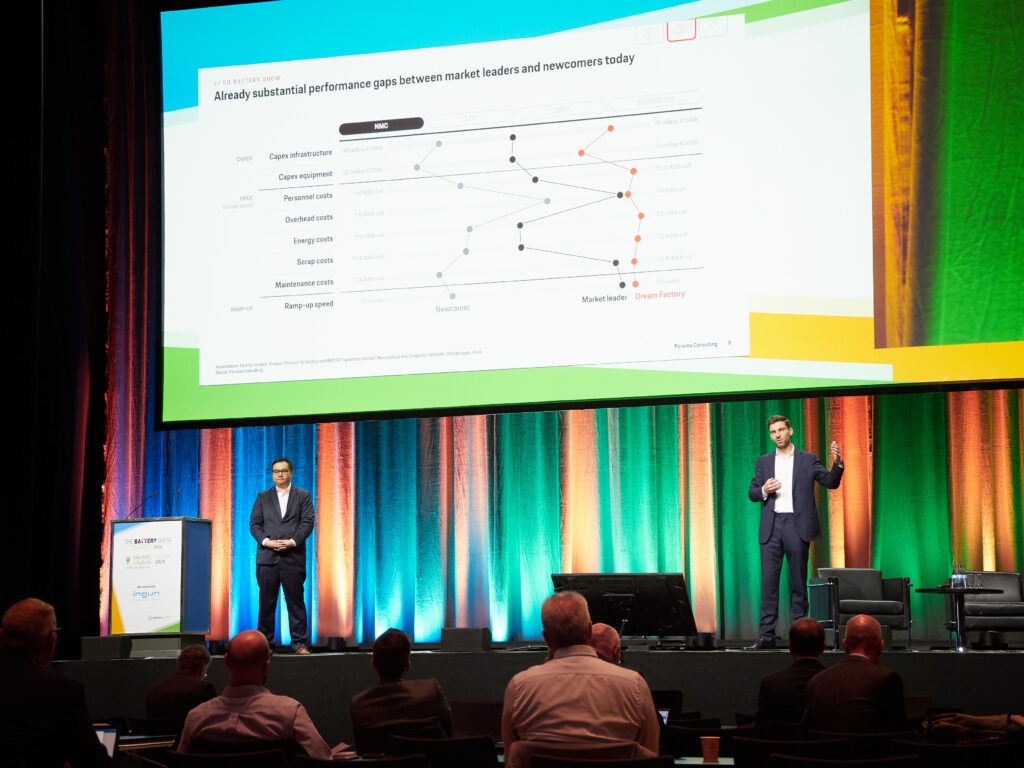
As we stand at the crossroads of environmental sustainability and technological advancement, it is staggering to note that transportation accounts for nearly 29% of greenhouse gas emissions in the United States alone. This alarming statistic underscores the urgent need for innovative solutions such as hybrid electric technology, which promises to revolutionize our approach to mobility.
The Essence of Hybrid Electric Technology in Transportation
Hybrid electric technology represents a fusion of traditional internal combustion engines with advanced electric propulsion systems. This integration not only enhances fuel efficiency but also significantly reduces harmful emissions. In terms of transportation attributes, hybrid vehicles offer remarkable versatility; they can operate efficiently across various modes—be it personal cars, buses, or freight trucks. Furthermore, this technology facilitates a smoother transition towards fully electric alternatives by providing consumers with an intermediate solution that balances performance and eco-friendliness.
The Role of Privacy Protection in Mode of Transportation Selection

In today’s digital age, protecting privacy has become paramount when selecting modes of transportation equipped with hybrid electric technology. Consumers are increasingly concerned about data collection practices associated with connected vehicles. As these technologies often rely on GPS tracking and user data analytics to optimize routes and enhance driving experiences, ensuring robust privacy measures becomes essential. Manufacturers must prioritize transparent data usage policies while implementing stringent security protocols to safeguard users’ information during their travel journeys.
The Battery Show: A Catalyst for Innovation in Mode of Transportation Selection
The Battery Show serves as a pivotal platform showcasing advancements in battery technologies crucial for enhancing hybrid electric systems within various transport modalities:
- Innovative Energy Storage Solutions: Exhibitors present cutting-edge battery designs that promise higher energy densities and faster charging times.
- Sustainability Initiatives: Many companies highlight sustainable sourcing methods for raw materials used in batteries, addressing ecological concerns directly linked to production processes.
- Crossover Technologies: The event showcases how developments from other sectors (like consumer electronics) influence improvements in automotive applications.
- User-Centric Designs: Emphasis is placed on creating batteries that cater specifically to consumer needs regarding range anxiety and maintenance costs.
A Conclusive Perspective on Hybrid Electric Technology’s Influence
In conclusion, hybrid electric technology stands at the forefront of transforming mode selection within transportation frameworks. By offering enhanced efficiency alongside reduced environmental impact while addressing critical issues like privacy protection through responsible data management practices, this innovation paves the way toward more sustainable transit options. As we continue exploring these advancements further through platforms like The Battery Show, I remain optimistic about our collective journey toward greener mobility solutions.

